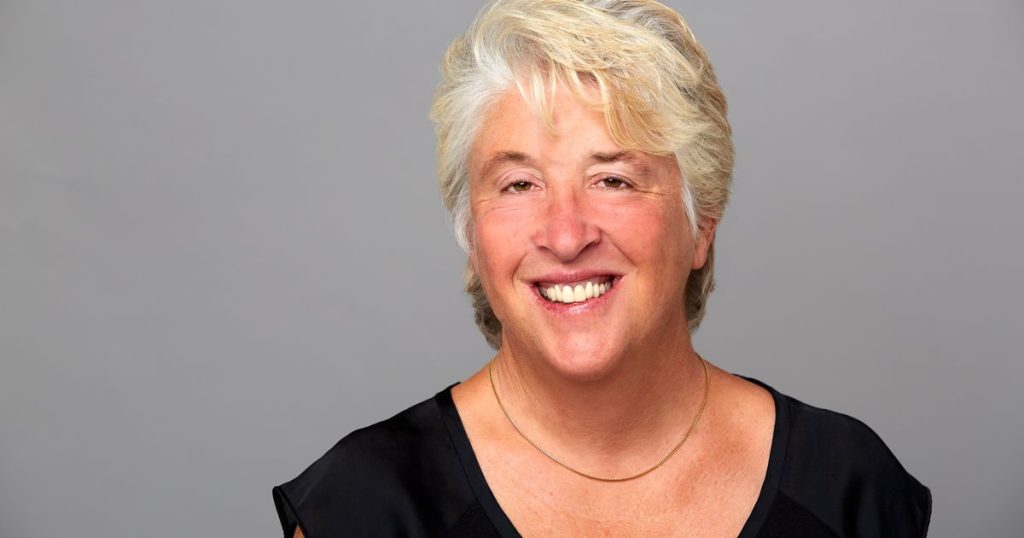Dartmouth College history professor Annelise Orleck made headlines after being arrested at a pro-Palestinian demonstration on campus. Video footage showed her being pulled away by police in riot gear and pushed to the ground. Orleck, who had been teaching at Dartmouth for over 30 years, was charged with criminal trespass and barred from returning to campus. The demonstration, which initially supported graduate student workers on strike, evolved into a call for the college to divest from companies linked to Israel. Orleck described the protest as peaceful, with various faith groups expressing solidarity, but things escalated when more cops arrived.
The peaceful protest turned chaotic as police in riot gear started removing participants from an encampment set up by a small group of students. Orleck and her colleagues, described as older women faculty, tried to act as a barrier between the police and demonstrators but were met with force. Orleck was thrown to the ground, had her phone taken by police, and was physically restrained. She was then placed in a van with other arrestees, including student journalists, and led them in singing civil rights songs. A total of 89 arrests were made, including Orleck’s, and she was charged with criminal trespass.
The Hanover Police Department confirmed Orleck’s arrest and charged her with the misdemeanor. Dartmouth College stated that they were ensuring she could continue teaching classes and would request any errors in the bail commissioner’s conditions be corrected. Orleck criticized the college for bringing in riot police, maintaining that the protest was peaceful and the strong police presence was unnecessary. She praised the students for their political commitment and moral awareness. Orleck received a call from the college president, expressing disagreement over the need for riot police and discussing her bruises from the arrest.
Orleck emphasized the importance of protest as a part of campus life and expressed pride in the students’ behavior. She stressed the need for a kinder and more attentive treatment of students engaged in activism. Despite Dartmouth’s assurance that she was not banned from campus, her bail terms prohibited her from returning. Orleck anticipated needing a new bail bond or for the charges to be dropped to teach in person again. In the meantime, she planned to continue teaching via Zoom and highlighted the necessity of educating and supporting students during such turbulent times.
The incident sparked conversations about the role of police in handling protests on college campuses and the balance between freedom of speech and public safety. Orleck’s arrest raised concerns about the use of riot gear and force against peaceful demonstrators. The college’s response to the situation, including clarifying Orleck’s status and addressing the bail conditions, reflected a commitment to supporting faculty members engaged in activism. The implications of the incident for academic freedom, student rights, and campus protests were being discussed both within and outside the Dartmouth College community.


